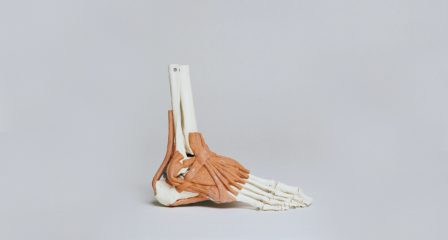SOMETIMES LESS IS MORE.
There is no shortage of health professionals or medical and diagnostic tests. They are not only prevalent, they are increasingly accessible. However, are they always needed?
An article recently published in the British Journal of Sports Medicine online titled ‘Preventing overdiagnosis and the harms of too much sport and exercise medicine’, outlines some of the issues and potential harm of overdiagnosis.
They identify potential drivers inclusive of factors relating to cultural beliefs, health system, industry and technology, professionals, patients and public. This suggests that we all have a role to play in reducing overdiagnosis and the risk of doing more harm than good.
A wonderful point is made around low back pain…
‘Consider low back pain (LBP)—the number one cause of disability worldwide. Is LBP a disease? Or is it in fact a symptom? LBP can flag serious pathology, such as malignancy or infection, but for most individuals it is a benign problem without specific aetiology. Many individuals who consult their doctor or physiotherapist will experience no clinical benefit from receiving a diagnostic label. And if ‘labelled’, they may be more likely to adopt the sick role and suffer costly invasive treatments that have questionable value.’
Whilst there can be advantages to certain tests, imaging etc. they are not advantageous if used as a ‘label’ to generate fear avoidance or withdrawal from healthy behaviours.
We certainly believe that there can be advantages if used to empower clients and encourage compliance and belief in a management plan. However, this outcome is only achieved if the rationale for involving other health practitioners, referral for tests etc. is explained and understood.
Whilst tests can be used to eliminate the presence of serious pathology, they can also produce ‘false positives’ that are not clinically relevant. Clinicians need to be confident in their clinical knowledge to ensure the right decisions are being made, and ensure that these decisions are being made in consultation with their clients.
This article encourages clinicians to start “adopting more thoughtful management approaches and referral practices that empower patients to engage in shared decision making based on the best available evidence”.
This is certainly what we look to achieve here at The Injury Clinic, and will continue to practice in a way that ensures clients have an understanding of their injury, and are involved in the decision making process regarding their management.



